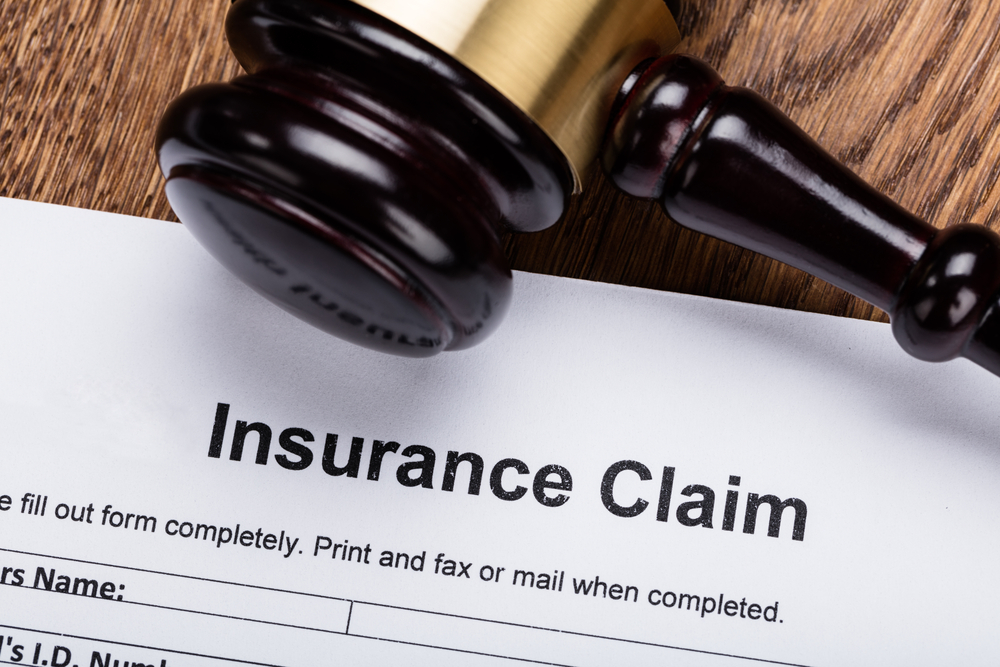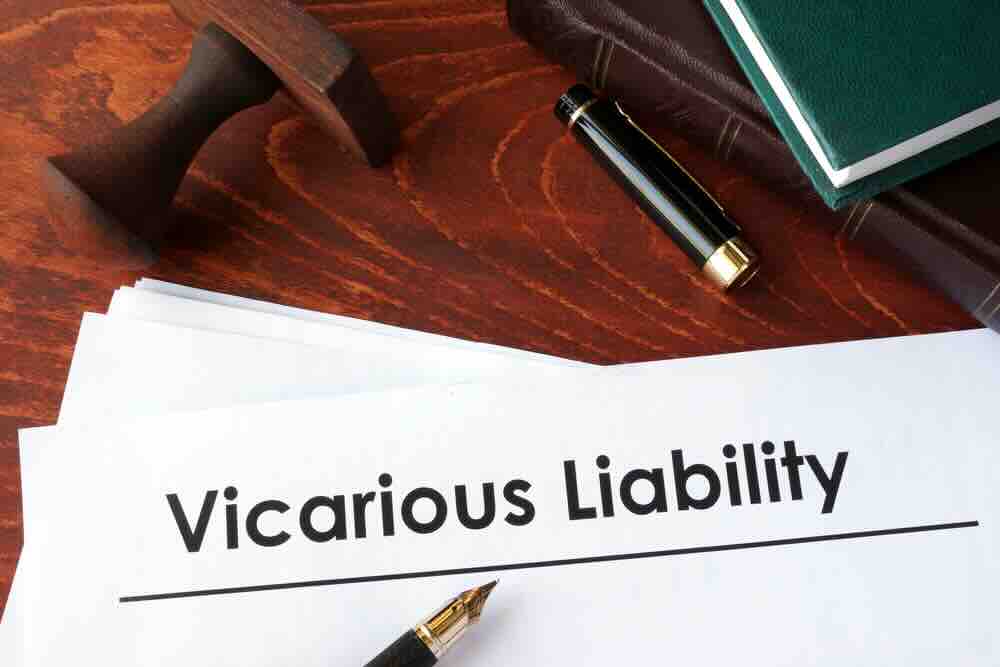Most people do not understand that interactions with an insurance adjuster on a personal injury claim can be stressful and certainly not fun. Even after the insurance company has stipulated liability or “accepted liability,” negotiations begin once the amount in question arises. Knowing how to deal with a low settlement offer is crucial during this process.
If you are handling your case yourself, you will likely have to deal with insurance adjuster tactics, such as a lowball insurance settlement offer. Adjusters are trained in techniques designed to reduce the amount they must pay on a personal injury case.
This article highlights the lowball tactic and other common tricks and provides options for responding that may benefit your case. It also explains how to negotiate a settlement with an insurance claims adjuster.

What is a Lowball Insurance Settlement Offer?
A lowball settlement offer is an offer that is clearly outside the reasonable value of your claim. In personal injury cases, adjusters use the lowball settlement offer to lower your expectations of what your claim is worth.
How do you negotiate a settlement offer with an insurance claims adjuster?
Frequently, personal injury victims choose to deal with an adjuster without the help of a local attorney. The process is harder for those who represent themselves because they lack the leverage of a jury, and most are not trained in negotiation. Here are a few tips for negotiating your claim with an adjuster.
Stay Friendly
There is an old saying, “you get more with sugar than with salt,” which applies to dealing with the adverse insurance adjuster. Getting mad or confrontational does not serve your purpose and often solidifies the adjuster’s lowball offer.
Being angry at the adjuster will not benefit your settlement negotiations and may harm you.
Do not fall for the tactic and remain calm and polite when talking with the adjuster, even when you are outraged at their lowball offer.
Avoid Threats
Avoid making threats to the adjuster as they are immune to worrying about threats, particularly those that may not have been well thought out. Individuals attempting to handle their personal injury cases independently often lack the leverage to negotiate a fair and reasonable settlement because they cannot hold the insurance company accountable.
That is one of the primary reasons why most people should hire a personal injury attorney upfront and avoid handling the claim themselves.
Expecting an insurance company to deal with you fairly when experienced counsel does not represent you is a mistake.
Nevertheless, here is the best approach for responding to a lowball offer.
Always Ask Questions
We recommend responding to lowball offers with questions. Try to find out how the insurance adjuster handled your injury case. You can negotiate if you can get the claims adjuster to provide specific numbers for medical bills, pain and suffering, lost wages, and other damages.
You may find that the adjuster has not considered all the information or may not have the most recent medical expenses or records when responding to you with their offer. By asking questions, you put yourself in a position to identify discrepancies in their numbers.
Many times, an insurance adjuster will deny a claim even though, from your perspective, the liability is clear. This could be where the other party received a ticket from the police officer at the scene, yet the insurance company denies your claim.
In Texas, third-party insurance companies owe no duty to you in handling your claim. This unfortunate circumstance comes from the pro-insurance politics that consumers must handle in Texas.
Be Prepared with Documentation
If you have done your homework, you will have documentation of all your injuries and damages. This would include at least the following:
- Complete medical records and expenses
- Photographs of both injuries and the accident
- A lost wage letter
- Any crash reports (click here to learn how to get a crash report)
The more facts you present to the adjuster, the better the opportunity for you to influence the offer and to obtain a reasonable settlement.
Document Your Discussions
Consider delaying your response when presented with an unreasonably low settlement offer. And saying something like, “That sounds low. Let me think about it,” and then responding later in writing with your counteroffer and reasoning after you have cooled down.
Keep notes of everything the adjuster says. That can give you insight into the adjuster’s thoughts about the case. And can often give you information that will help you win your case.
Keep Your Counteroffer Within Reason
Many people unfamiliar with handling personal injury claims think their initial offer or counteroffer should be as high as possible. Unfortunately, suppose your counteroffer is outside what an experienced personal injury lawyer would consider a reasonable offer or counteroffer.
If your counteroffer is out of the acceptable ballpark, there is little chance that the adjuster will take you seriously and move off their lowball offer. When someone’s expectations fall outside the reasonable range, adjusters often shut down negotiations as a waste of time.
This is usually when you get the “take it or leave it” response to your proposal. Or the adjuster will indicate that this is all the money they have allocated for the case.
Know the Insurance Adjuster’s Tactics
Insurance companies train their claims-handling adjusters to negotiate the best settlement for the insurance company. The low offer is standard operating procedure for most insurance companies; it is not their only tactic.
In Texas, courts eliminating “bad faith” claims are akin to having a five-year-old throw a tantrum and being unable to put the child in timeout or otherwise discipline them. Here are some other common adjuster tactics in car accident claims.
The Delay Tactic
Some insurance companies may attempt to prolong the negotiations, hoping the delay will negatively impact your claim. And, if you wait too long, you may waive your claim entirely due to a statute of limitations. A general rule of thumb is that the longer the delay in settlement, the better it is for the insurance company.
The Limited Authority Tactic
One often-used tactic suggests that this is all the authority the adjuster has to settle the claim. While that may be true, it does not mean that is all the insurance company would ever pay on the claim. It simply means that sometimes you need to take steps to move beyond the initial adjuster and into a new adjuster who may take your case more seriously.
Often, this happens automatically when the adjuster transitions from a pre-litigation to a litigation adjuster. However, each insurance company is different in how it structures its claims handling process.
When to Hire a Personal Injury Lawyer
Hire the attorney you have chosen as soon as possible. If you wait until right before the statute of limitations runs, many lawyers will not entertain taking on your case.
Many people do not understand that insurance companies will not treat an unrepresented individual the same as those with an experienced and successful Houston personal injury attorney on their side.
Numerous studies have shown that personal injury victims receive more compensation in their pockets when an attorney handles the work than when they attempt to represent themselves in obtaining a settlement.
Why Get Representation?
Suppose you have had substantial negotiations and are unsure of your next steps. Get a free consultation from a car insurance lawyer near me.
In that case, you may have unknowingly hurt your case by giving a recorded statement to the adjuster or making admissions to deal with them. The sooner you retain competent counsel, the better.
Additionally, if you delay consulting an attorney, important evidence may be lost, potentially harming your claim.
Even if you are determined to represent yourself, taking advantage of a free consultation with a knowledgeable personal injury law firm before you start dealing with the insurance company is a good idea.
How do you choose an attorney for your accident case?
First, look for an experienced and successful attorney with a track record in your case type. If you were injured in an accident with a semi-truck, you would want to find a truck accident lawyer with an impeccable reputation.
If you were injured in a construction accident, you would want a lawyer experienced in handling such claims.
Get a free consultation from an experienced Houston car accident attorney to evaluate your options.
Call Baumgartner Law Firm to Discuss Your Case
Our personal injury law firm offers free consultations to those injured in accidents in Houston, Texas. Please feel free to contact us to discuss your case. Call (281) 587-1111 or Click here to schedule a conference.
Read some of our great reviews or look at some of our recent results.
6711 Cypress Creek Pkwy, Houston, TX, 77069
Visit Our Law Firm in Houston
Related Resources:












